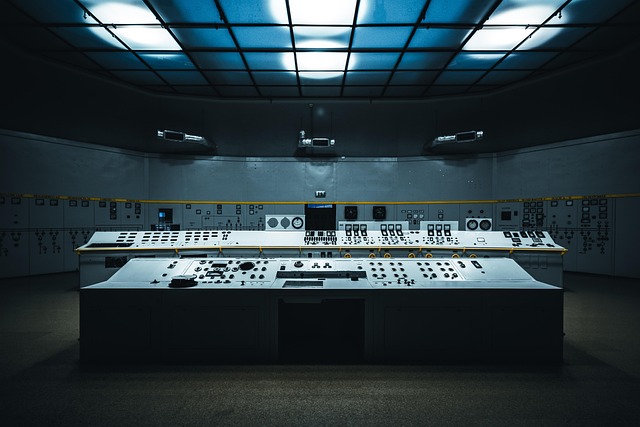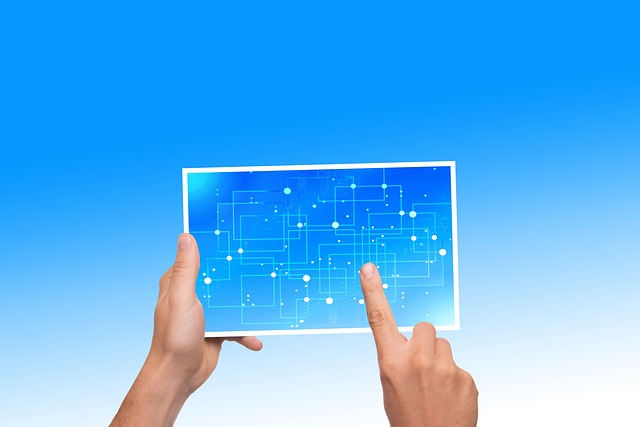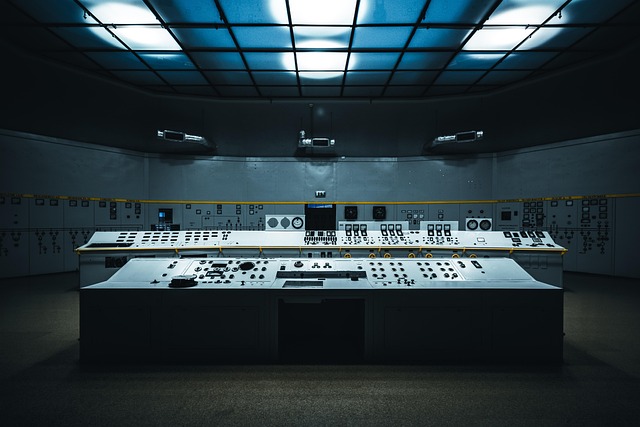In an age where the lines between technology and daily life are increasingly blurred, the emergence of AI-based personal assistance is setting the stage for a revolutionary shift in how we interact with machines and each other. Imagine a world where your daily tasks can be managed effortlessly, not by your own volition but through intuitive, AI-driven tools that learn and adapt to your individual preferences and behaviors. The evolution of robotics and artificial intelligence is transforming not just our homes, but the very fabric of business operations as well.
Robotics has come a long way from clunky, industrial machines. Today’s robots are imbued with sophisticated AI algorithms that enable them to operate autonomously in diverse environments. For example, consider the possibilities of service robots in sectors such as healthcare, hospitality, and retail. These robots can assist staff, enhance customer experience, and even perform intricate surgeries with precision that outmatches human hands. AI-based personal assistance extends beyond mere automation; it incorporates learning mechanisms that allow robots to become more efficient over time. They can analyze data, recognize patterns, and ultimately provide a level of personalization that was once thought to be the exclusive realm of human interaction.
In the business landscape, automation has become more than a trend—it’s a necessity. Companies are increasingly turning to AI-powered solutions to streamline operations, reduce costs, and improve productivity. From chatbots that handle customer inquiries to sophisticated logistics algorithms optimizing supply chain management, the integration of AI into business processes allows organizations to focus on core functions while leaving tedious tasks to machines. But this is just the tip of the iceberg. The future holds even more potential for AI to redefine workplace interactions.
AI-based personal assistance is not limited to enhancing efficiency; it also has the power to revolutionize employee engagement and collaboration. Imagine having a virtual assistant that understands your work habits, reminds you of deadlines, and helps manage your calendar intelligently, integrating with other team members’ schedules seamlessly. As this technology develops, the potential for improving workplace dynamics and fostering creativity will expand exponentially. By alleviating mundane tasks from our daily routines, businesses can encourage innovation and collaboration, allowing human capabilities to shine in ways we haven’t yet realized.
Moreover, the ethical implications of such advancements are noteworthy. As AI systems become more ingrained in our personal and professional lives, the question of trust arises. How much should we rely on AI-based personal assistance in decision-making processes? Transparency in how these AI systems operate and behave will be crucial in fostering trust and acceptance among users. Ensuring that the data collected is utilized ethically while maintaining user privacy will also need to be a priority for developers and organizations embracing these technologies.
As we look to the future, the synergy between robotics, artificial intelligence, and business automation heralds an exciting era of interaction. The integration of AI-based personal assistance into everyday life holds the promise of not only simplifying tasks but also enriching our connections, enabling us to focus on what truly matters. While the journey is just beginning, the potential that lies ahead is profound. Organizations willing to embrace this future will not only benefit from increased efficiency and productivity but also create environments where creativity and human potential can truly flourish.




